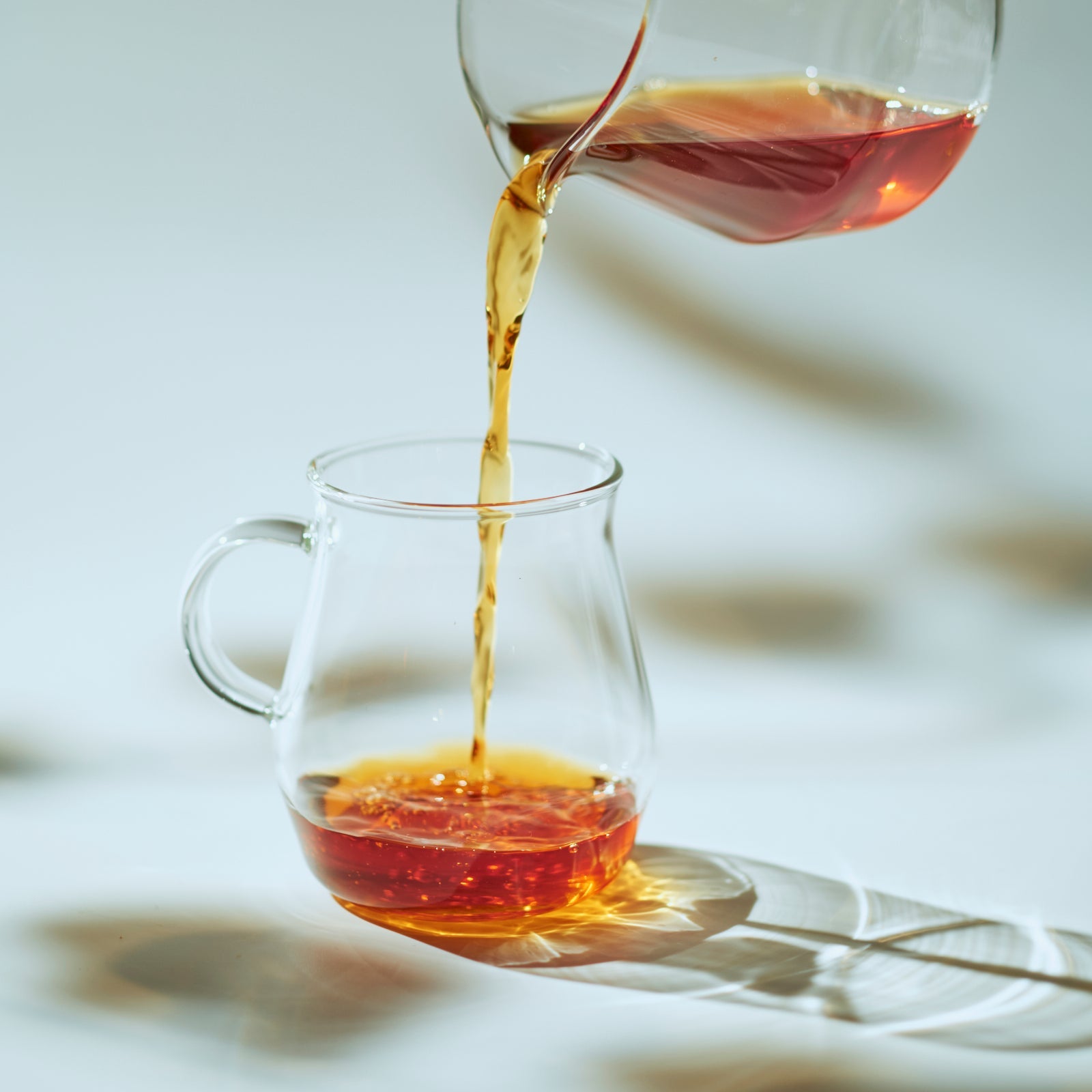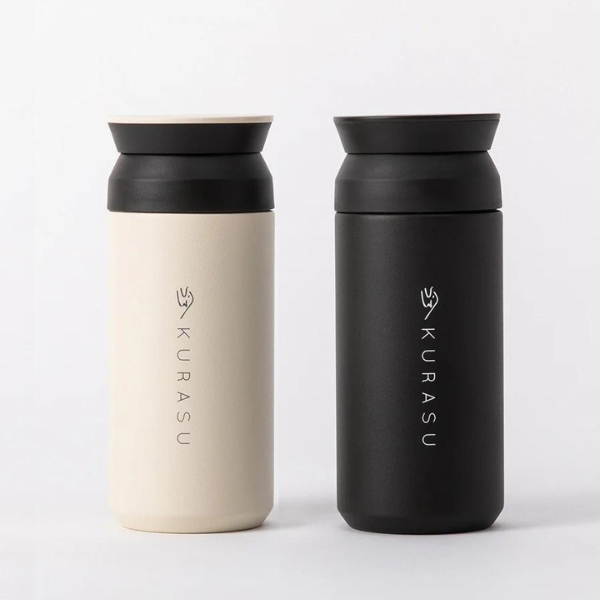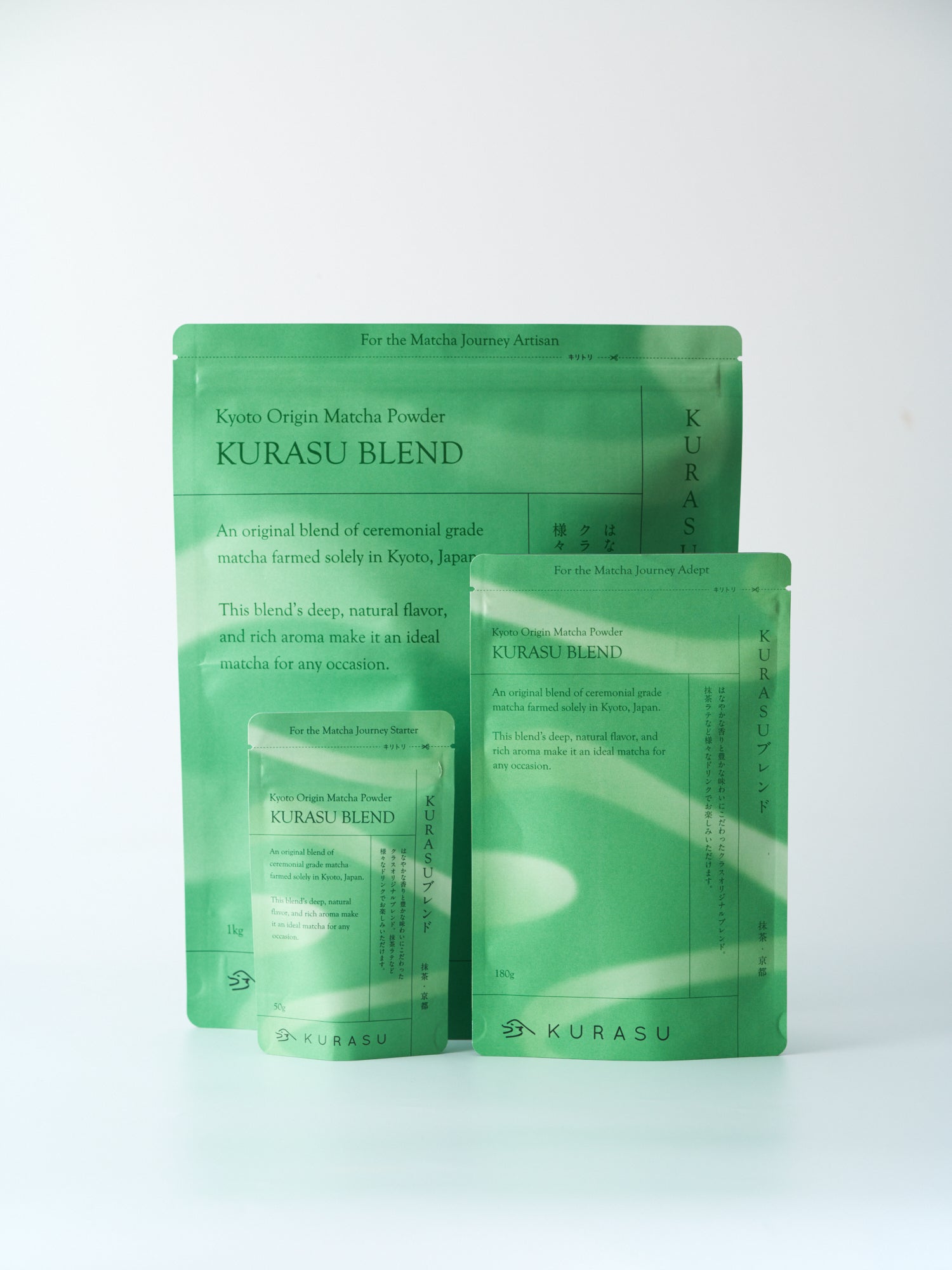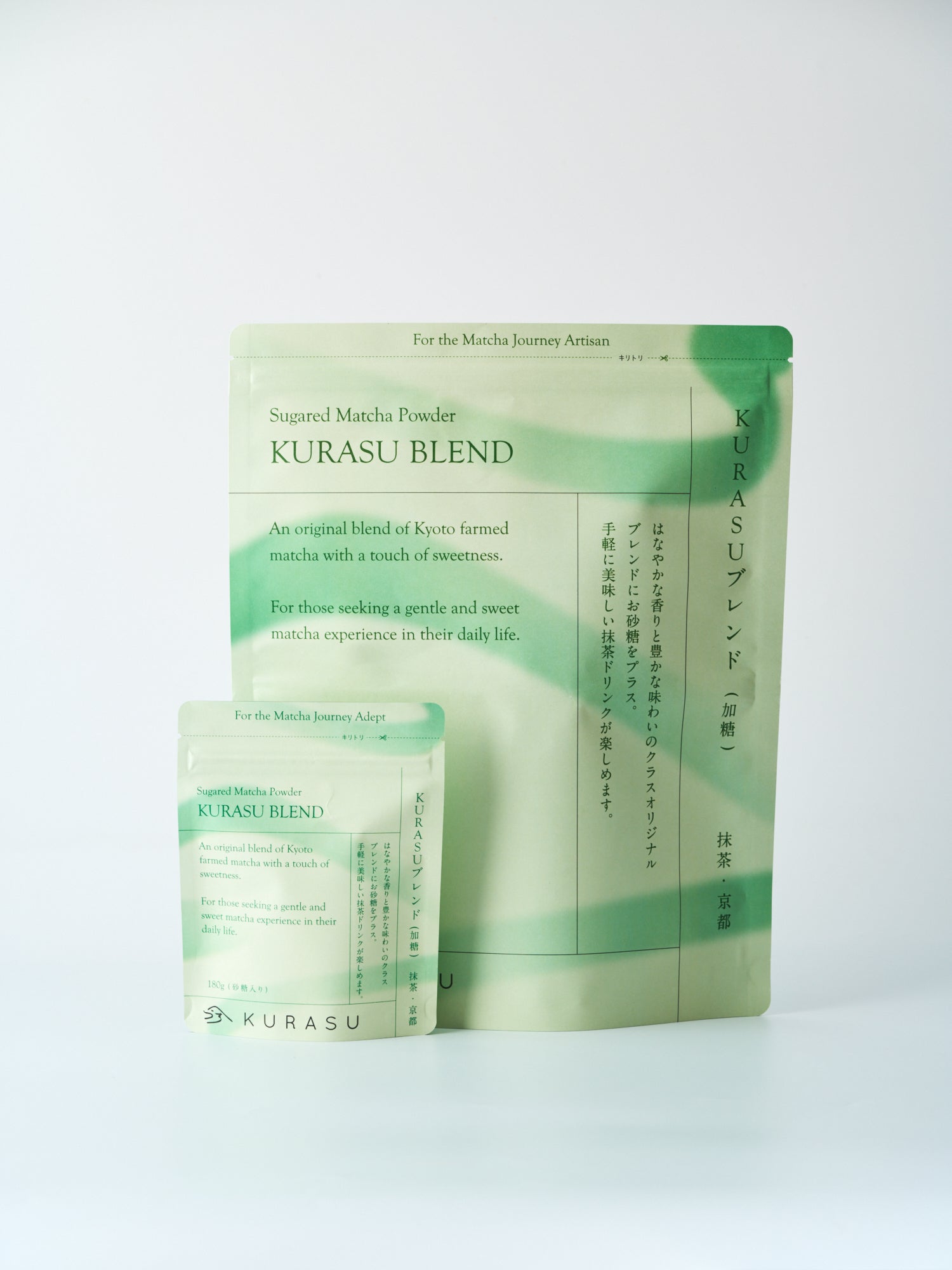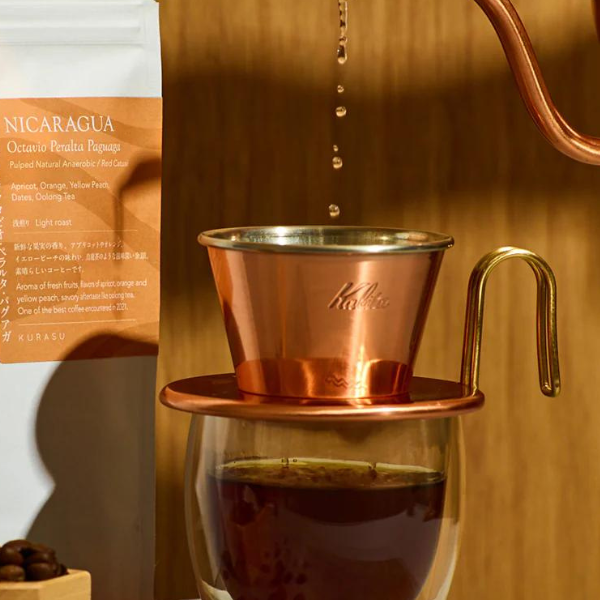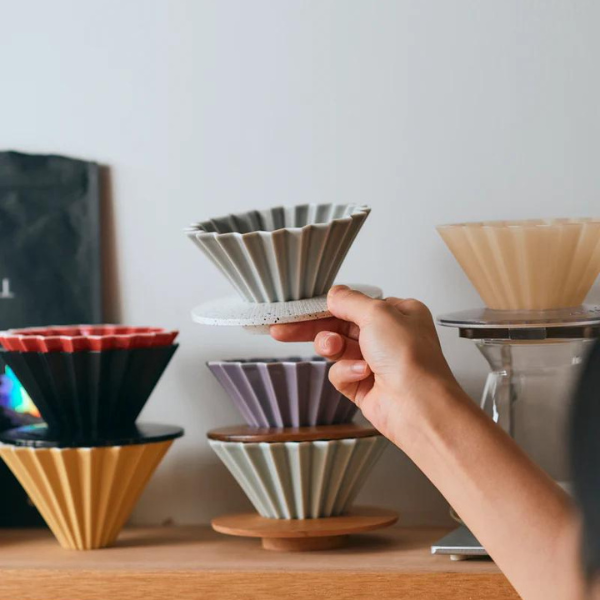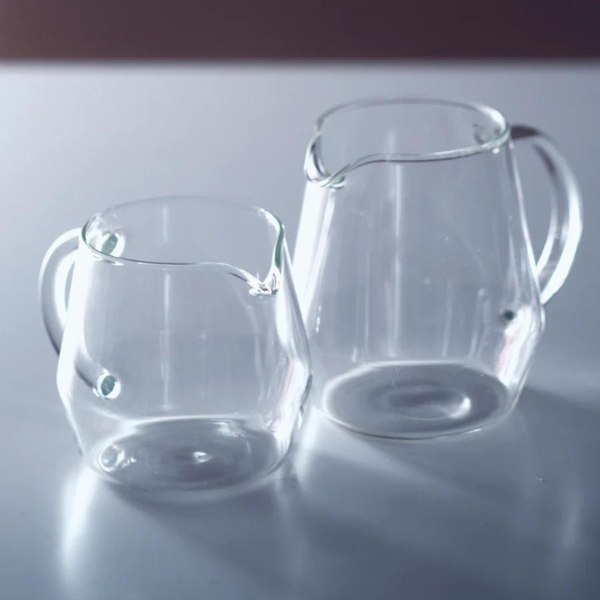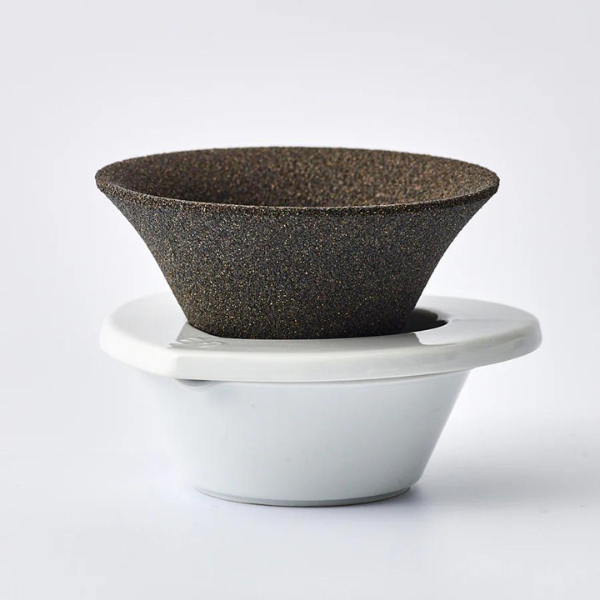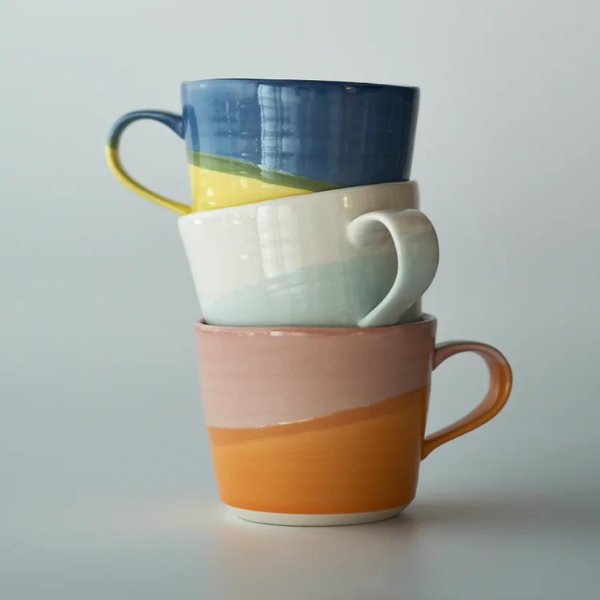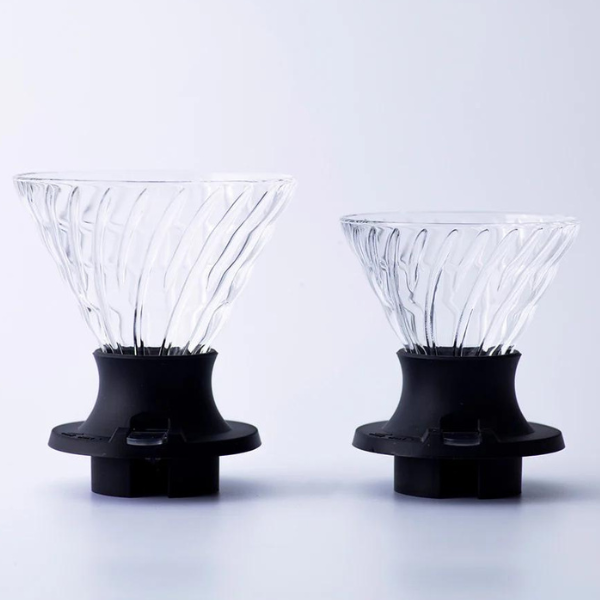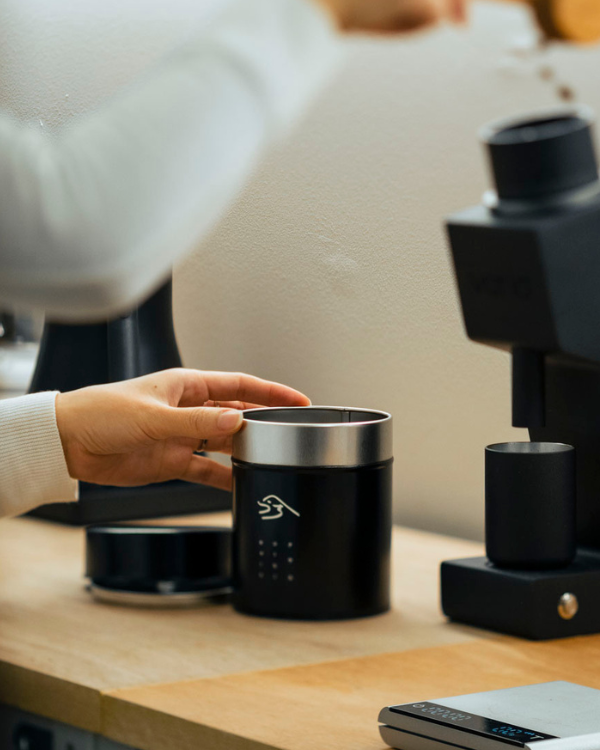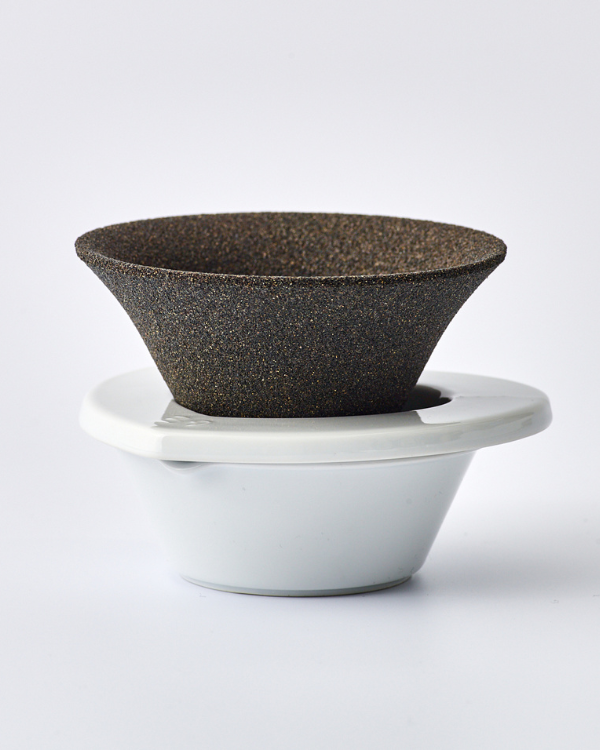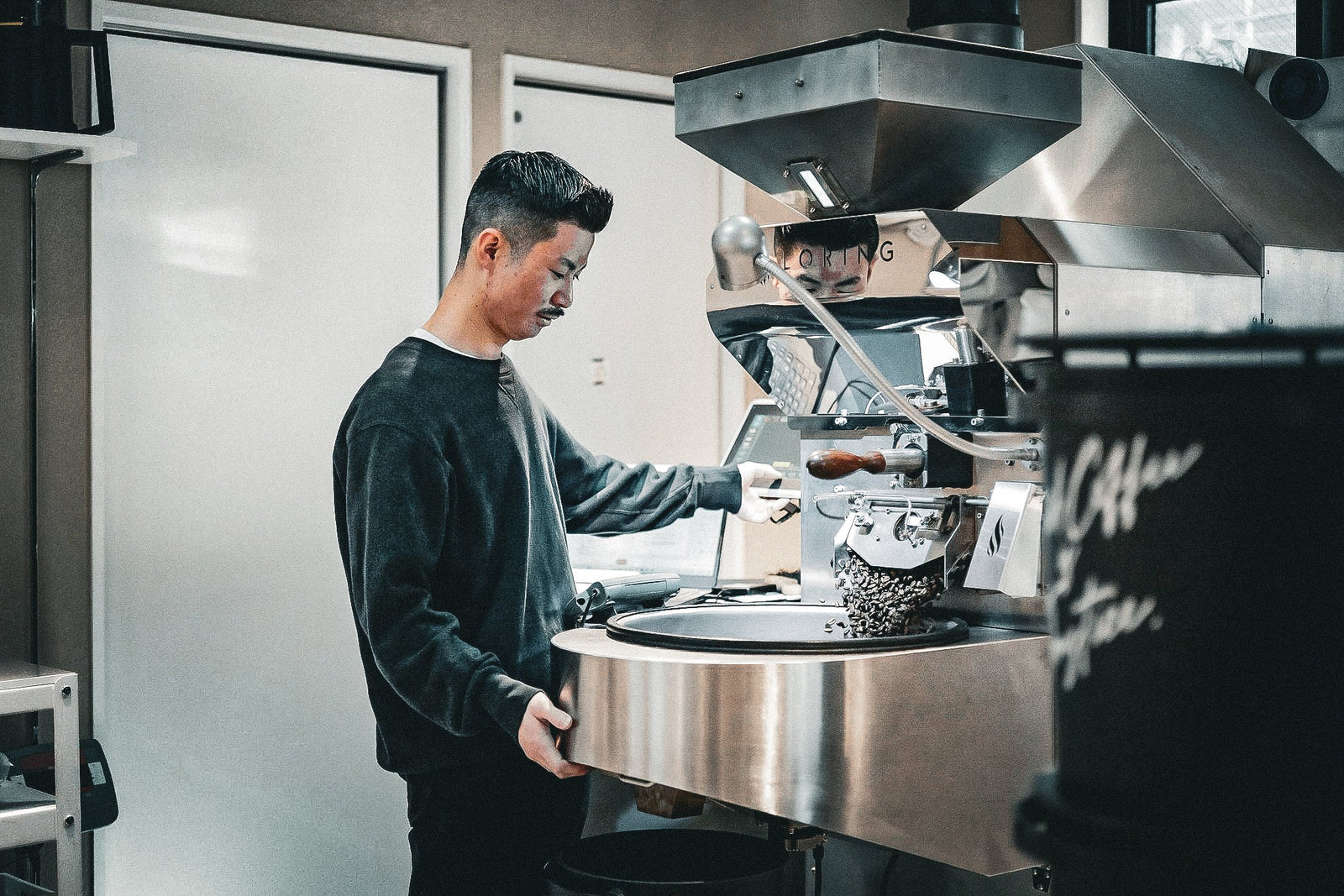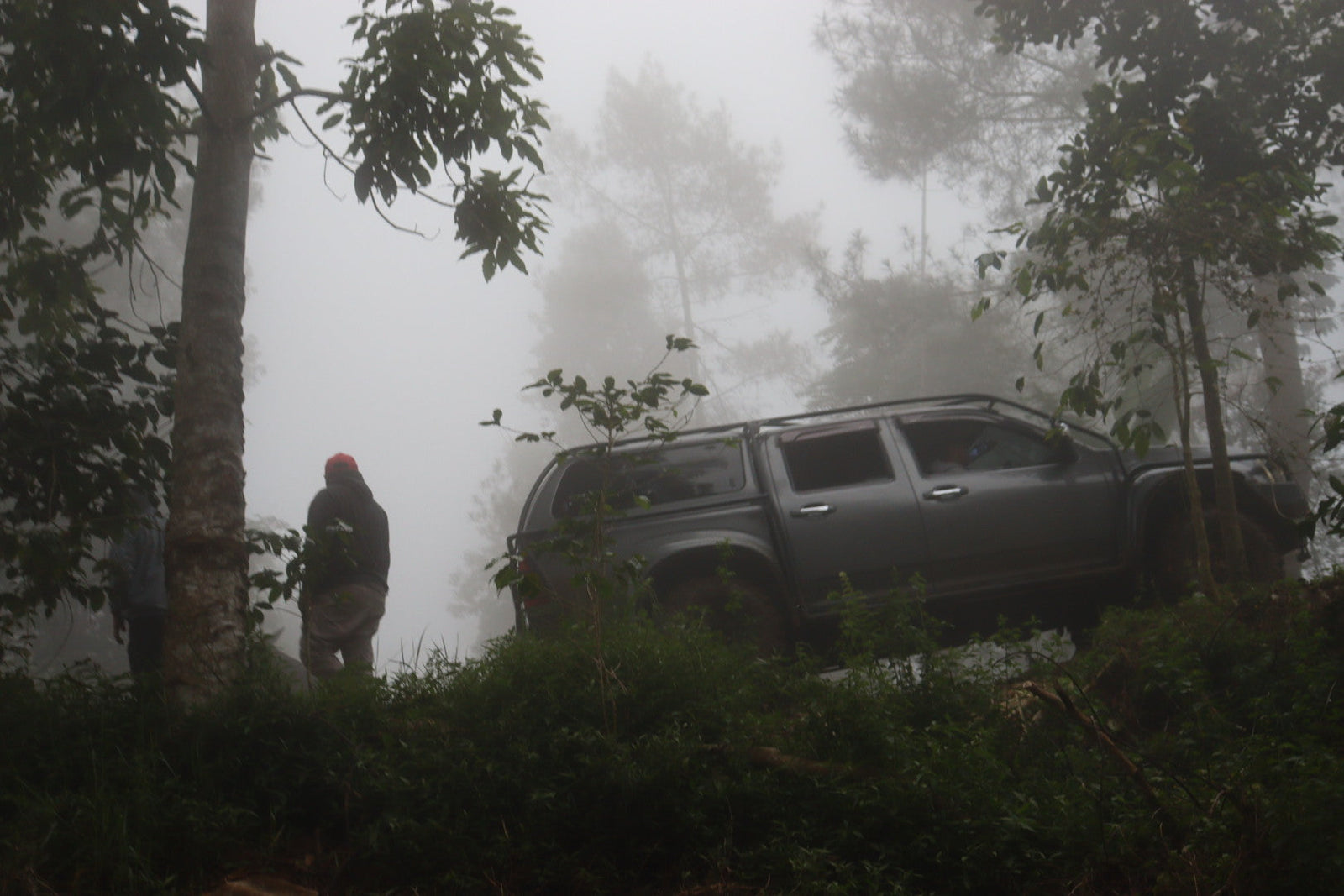
Hi, I’m Kosuke from Kurasu.
Today I am going to tell you the second half of my story about blooming, and this time it’s not so scary so you can relax.
In my last letter to you, I talked about how it it is very difficult, but frighteningly important, to get the blooming process right when brewing coffee.
We mainly talked about the amount of water and a little bit about the technique required.
I remember telling you about the importance of the amount of water by making an analogy of warming up a car’s engine, and I said it doesn’t work if we just start the car without the warming-up, but it’s no use waiting too much when the engine is already hot and ready.
And we left another big topic for later, “how to nail the blooming?”, which is what I’m going to talk about today. The another important key to a successful blooming is time.
For about how many seconds do you usually bloom?
I often hear people saying it’s 30 seconds or 40. Or that’s at least what I think I hear.
I recently heard someone say they were blooming their coffee for 1 minute.
So how does everyone decide how long they want to bloom their coffee for?
Each may have their reason behind the number, and I would like to share mine with you.
Here it is- the principle of blooming is to soak the coffee bed with hot water to the very core of it. So why do we want to do that?
Roasted coffee beans contain and produce a gas, and this gas prevents all the goodness of coffee from getting extracted. So we want them out.
Blooming is a one way of doing that, and by immersing the coffee with hot water the gas gets released.
So I thought, the key to correctly guessing for how long the coffee wants that process is how long it takes for the coffee grind to be soaked well enough.
Each coffee needs different length of time for the process to complete, and there are several possible reasons that are making the difference.
One is grind level. Another is the hardness/density of the coffee beans (this one is coming more from my intuition, so I recommend you to take it with a grain of salt.)
The coarser you grind, more difficult it is for the hot water to be soaked up. If you grind finer then the water gets through more easily and quickly, which means the blooming process finishes quicker.
So if you are grinding fine, it may only need 30 seconds compared to 40 seconds for a different grind level.
So what about the hardness/density?
Well, I just said to take it with a grain of salt, maybe you should take it with two grains.
Anyway, different coffee has different hardness/density, and that difference affects roasting too. To make a very quick and rough analogy, a sponge absorbs water very well and very quick, a stone won’t let the water in very easily. If the water can’t get in to the coffee very easily, then it is less easy for the gas to be kicked out, and that affects the extraction negatively.
My theory is that these differences in coffee affects the extraction level. In fact I do notice that even with the exactly the same recipe, Kenyan coffee extracts better than Ethiopian and Costa Rican that tend to be more challenging. Sometimes I even want my time back that I spent on trying to brew them.
So naturally I would try grinding them a little finer, but then the extraction tastes a little too dense and stuffy, and I don’t like that. I want to enjoy Ethiopian coffee very light and
classy.
So, what do we do now?
Other than adjusting the grind level, we can try other things such as raising the water temperature etc. I see adjusting the time I give to the blooming as one of those tweaks.
If it takes long for one coffee to absorb the hot water, we can just wait for them to do it a little longer. Just like I do in the morning, if I am brewing Costa Rican, I pour the hot water for the blooming and sit down to scroll through a news website.
Sometimes when there is so much going on in the world I forget about my coffee and it can easily be 5 minutes by the time I remember that I was making one, but whenever I resume the process, it still tastes amazing- that’s why I find coffee so fascinating.
Until next time.
Kosuke

